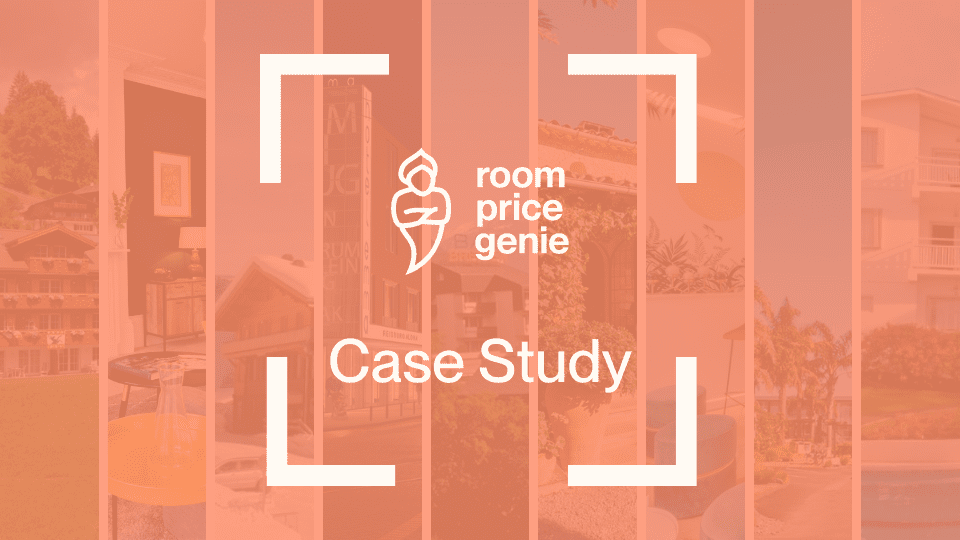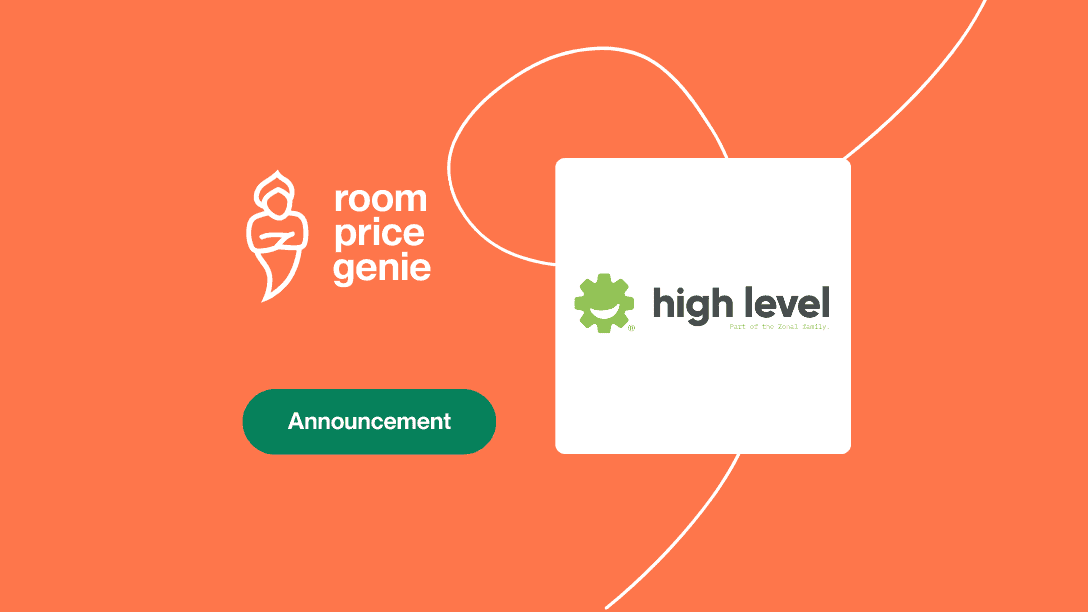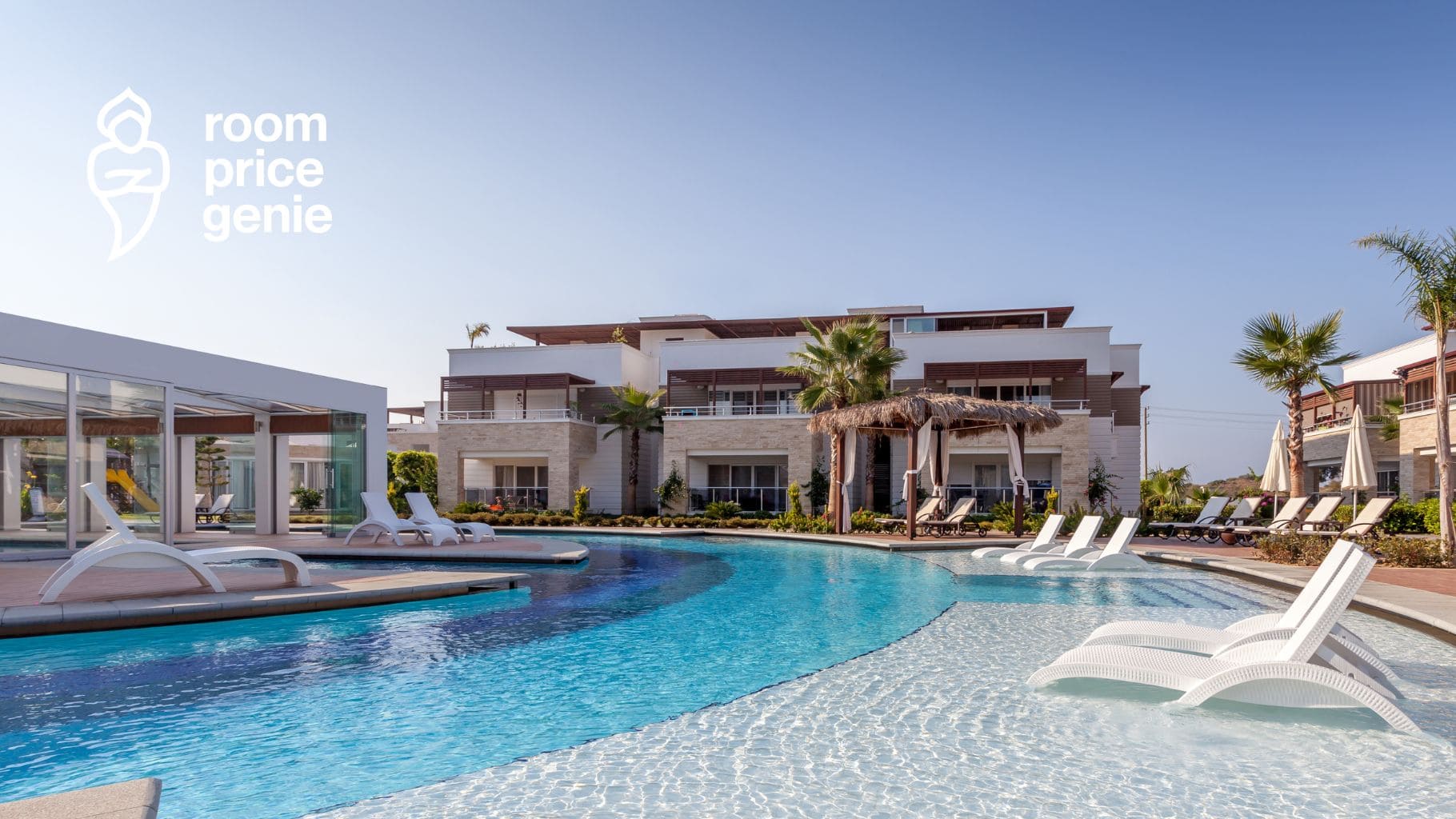Data is the future! Data will help you make better decisions! Data’s so great! It is better than humans! Data this! Data that!
As my kids would say “If you love data so much, why don’t you just marry it?”. And we’ll be honest; we generally are in favour of this sentiment – we do love data. Data can bring many insights and enable calculations that a human brain simply can’t do.
But what if you suddenly have very little data? And the data you do have is either not representative of the current situation or too sparse to make the usual calculations. What if the algorithms you set up to deal with the data are no longer valid?
This is a problem facing the revenue management system (RMS) industry in the recovery from the COVID-19 crisis. Articles such as this one from BCG sum up the post-Corona situation perfectly, with the main problems being the unreliability of past data and the risk of helping to create a damaging price war.
RoomPriceGenie is fortunate in that our algorithm is not adversely affected by any of these issues. While standard RMS builds demand forecasts from past reservations and new pick-ups, our approach is different; we look at your market positioning and optimize for that.
Using the problems identified in the BCG article, we look at the best approach to solving these and why RoomPriceGenie is perfectly suited to this strategy.
Past data
“The crisis has rendered meaningless the typical reference points—including historical booking patterns and trends—that drive price optimisation.”
All the data from previous years are not going to describe your demand for this year correctly. Creating forecasts will require in-depth segmentation and an understanding of the behaviour of each of those segments. While this is possible with the software, it was not really built for this scenario, and one imagines that strong human overlay would be required.
As the article states: “This drastic change has essentially turned companies’ revenue management systems into blank slates.”
Race to the bottom
The RMS could “trigger a race to the bottom that would harm revenue and price positions even more”.
Why? When demand is low, normal price elasticities may no longer hold. The RMS may be reducing the price to stimulate demand that actually isn’t there. As the reservations don’t arrive, the prices will be driven lower because the systems are intended to optimise occupancy.
And the most damaging part of this is that other hotels will have to follow suit, reducing prices to match yours. This means that revenue for the industry as a whole is lower, while you gain no competitive advantage.
This is the hotel version of the ‘Prisoner’s dilemma’ problem. If only you reduce, then you get more business. But if your competitor does too, both of you will be worse off.
The best outcome in this prisoner’s dilemma is for both parties to keep prices high. This is the tactical approach that is necessary in low-demand circumstances because you may never be able to fill your rooms even if you give them away for free. Everyone keeping prices higher means at least those that do need to travel will pay full value.
Why does RoomPriceGenie not suffer from these issues?
RoomPriceGenie is built for smaller hotels that are not price-setters themselves. They need to follow what is going on in the market as a whole and position themselves for maximising revenue. Basing your pricing strategy on market rates instead of data forecasts means the RoomPriceGenie software will not rush to drop your room prices when it sees a decline in pick-up. Instead, it will maintain rates in line with your market and consistently be positioning you to ensure you receive (just a little more than) your fair share of business. When you are busier, your prices will go a bit higher than the other hotels; when quieter you will be a little cheaper. In doing so, you will be maximising revenue on whatever demand exists in your area.
This approach means that we will not start a race to the bottom. If everyone else goes down then you will have to follow. But if they don’t then you will be positioning yourself to maximise revenue from this smaller pot, with higher prices. Equally, you won’t be so high you put your guests off.
Furthermore, in times of crisis, hoteliers need software that can implement their pricing strategy – often the individual insight with the human-touch will be a great asset. RoomPriceGenie gives users the option to take matters into their own hands. With the ability to make simple but powerful adjustments within the app, hoteliers are able to have the best of both worlds when it comes to crisis management; number-crunching automation combined with strategic intervention.
We would love to show you how RoomPriceGenie can help you come out of this, and also how, by using the wisdom of crowds, we have excellent pricing in normal times too.
Contact us for a demo.








